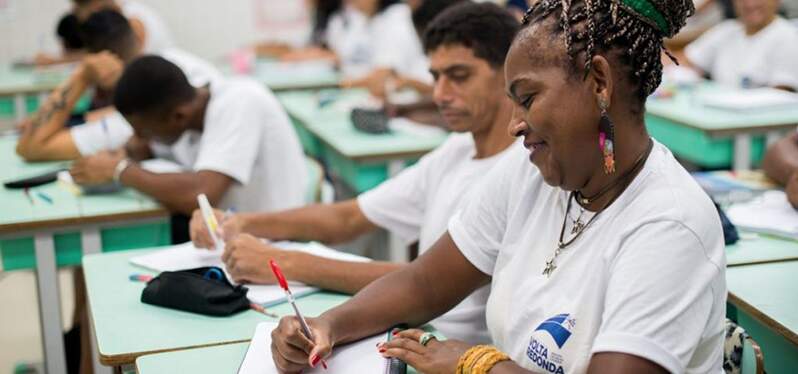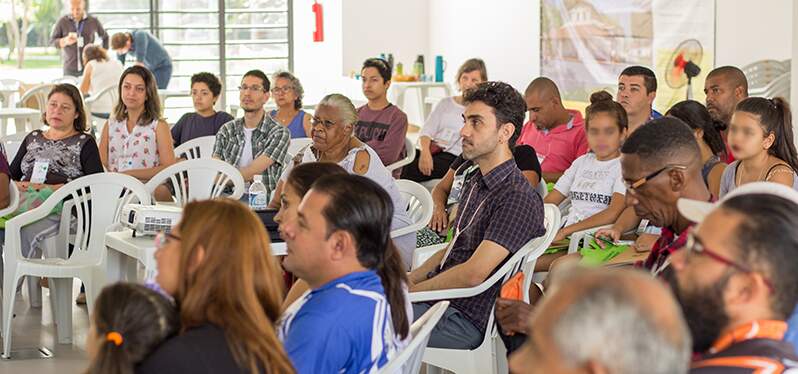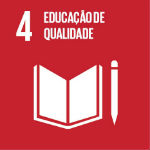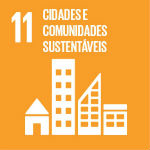Posted in: 04/28/2024
With 46% of the population over 25 years old lacking complete basic education, education in Brazil is still far from achieving the goals proposed by Sustainable Development Goal number 4 (SDG 4) of the United Nations (UN), which seeks to ensure inclusive, equitable, and quality education for all.
According to data from the National Household Sample Survey (Pnad) – recently released by the Brazilian Institute of Geography and Statistics (IBGE) – in 2023, Brazil had 9.3 million people aged 15 and over who were illiterate – with an illiteracy rate of 5.4%. Factors such as lack of infrastructure for education, school dropout rates, and a decrease in investments in education policies were identified by the survey as some of the reasons for the negative results.
Although illiteracy rates have decreased compared to previous years, and the enrollment rate of children up to 5 years old has increased – as well as the proportion of people aged 25 and over who have completed compulsory basic education –, other indicators from the survey are concerning.

In addition to stable indicators, such as the average years of education for people aged 25 and over, others show setbacks, such as the lower number of children aged 6 to 14 attending elementary school. Indicators that do not improve or have setbacks may indicate that the country is not progressing fast enough to achieve the SDG 4 targets.
The new data from IBGE shows that the prediction made in 2018 by the Institute of Applied Economic Research (IPEA) may be far from being achieved. Based on the potential of the National Education Plan (PNE), the Institute calculated that the country would reach 70% of the SDG 4-related targets by 2024, six years before the 2030 Agenda. But the significant inequalities still present in Brazil’s education seem to indicate otherwise.
Amid the current education scenario in Brazil, initiatives and projects for formal and non-formal education and training have stood out as support for the educational process, for both educators and students (young and adult).
Eager to contribute to the UN’s quality education goal, companies and institutions are proposing actions that encourage learning and collaborate with training. An example of this is the Ecofalante platform, which provides materials for educators, aiming to spread knowledge in the classroom and promote sustainable development of the planet through education and culture.

In addition to contributing in a playful way to formal and non-formal learning, other projects also contribute to the educational process through the dissemination of knowledge and awareness-raising among children and adults about the importance of preserving the planet. Thus, they combine the objectives of SDG 4 with goals related to the environment – such as achieving sustainable cities and communities (SDG 11) and taking action against climate change (SDG 13).
This is the case with programs being carried out with children from the municipal network of Vitória (ES), aimed at raising awareness about the preservation of the local ecosystem, and non-formal education programs such as those already carried out by Synergia Socioambiental in other communities.


Sign up and receive our news.